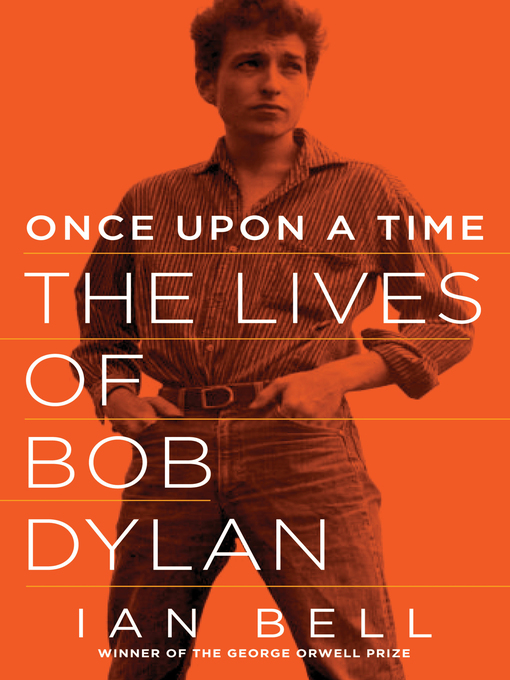The first volume in this "knotty, beguiling, contrary" account of the American music legend "could be the most vital Dylan biography yet" (The Guardian).
Half a century ago, a youth appeared from the American hinterland and began a cultural revolution. The world is still coming to terms with what Bob Dylan accomplished in his artistic explosion upon popular culture.
In Once Upon A Time, award-winning author Ian Bell draws together the tangled strands of the many lives of Bob Dylan in all their contradictory brilliance. For the first time, the laureate of modern America is set in his entire context: musical, historical, literary, political, and personal.
Full of new insights into the legendary singer, his songs, his life, and his era, the artist who invented himself in order to reinvent America is discovered anew. Once Upon A Time is a lively investigation of a mysterious personality that has splintered and reformed, time after time, in a country forever trying to understand itself. Now that mystery is explained.



